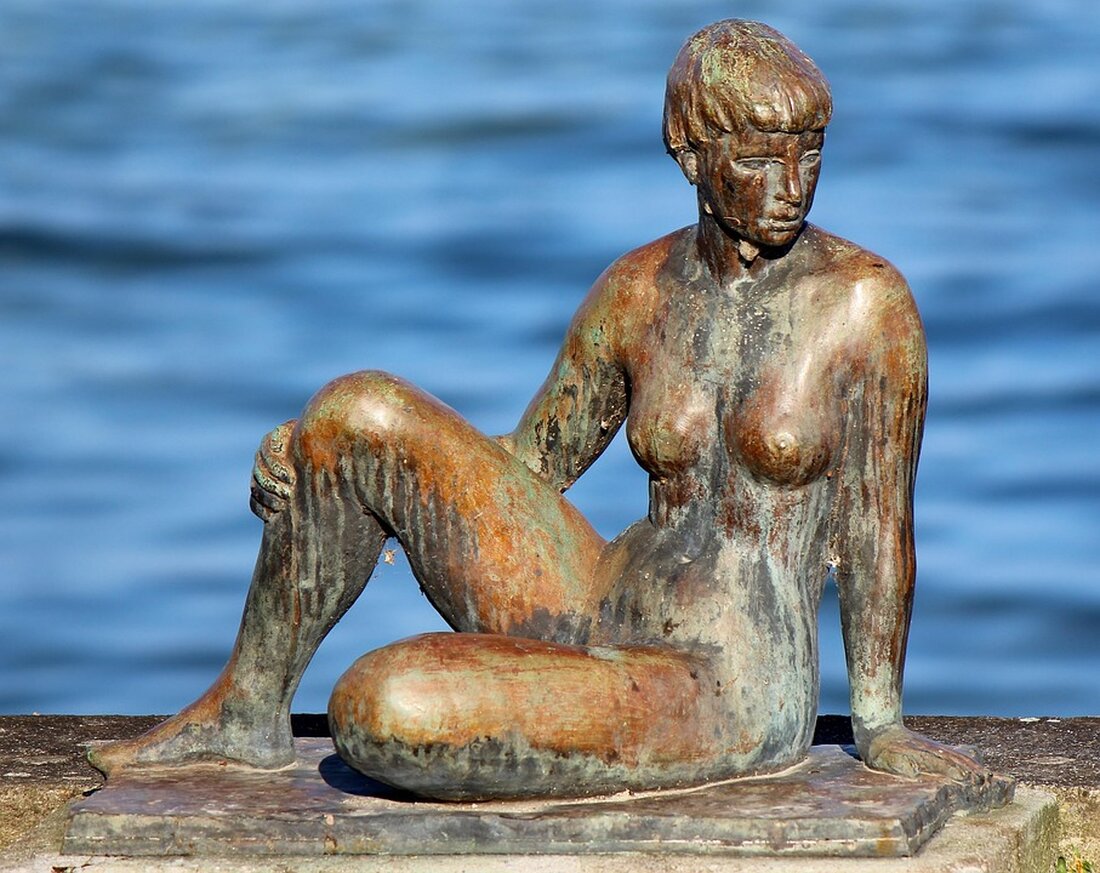Sculpture defaced on Hvar: Locals outraged by tourists!
An incident in Hvar, Croatia, is causing a stir: an artist's monument has been defiled, increasing tensions between tourists and locals.

Sculpture defaced on Hvar: Locals outraged by tourists!
An incident has occurred on the popular Croatian island of Hvar that has angered locals. The bronze sculpture “The Fisherman”, which is installed on the waterfront, was recently defiled by an unknown perpetrator. The statue was created in 2017 by artist Dino Bičanić and is a striking symbol of the island. Loud fr.de An outraged resident sent a photo of the defaced sculpture to a news portal, adding to residents' anger at the impact of massive tourism on their cultural heritage.
The Hvar city administration has introduced strict noise regulations to curb night-time party excesses. This came after violent clashes between restaurateurs and adds to the strained relationship between tourists and locals. The city has not yet responded to the incident with the sculpture, but is planning to increase controls at night.
Problems caused by environmental pollution
Not only does Hvar struggle with tensions between tourists and locals, but it also faces environmental problems. Recently, diesel fuel leaked into the sea from a ruptured tank, threatening the already fragile marine environment. Likewise, in Dubrovnik there are reports of a leak in a sewage pipe, leading to complaints from residents. These incidents raise concerns about the sustainability and safety of tourism infrastructure.
The history of the island of Hvar
Hvar has a rich history dating back to the prehistoric Hvar culture, which existed between 3500 and 2500 BC. BC existed. Important finds provide evidence of these early signs of life in caves such as Markova and Grapčeva. The city of Pharos was founded in 385 BC. Founded by Ionian Greeks in what is now Stari Grad. The Romans later conquered Hvar in 219 BC. BC and left behind country houses that still bear witness to their presence today.
In 1420, Hvar was conquered by the Venetians, who controlled the island until 1797 and contributed to its cultural development. Important personalities of this time include the Renaissance poet Petar Hektorović and the playwright Hanibal Lucić, who contributed to the heyday of theater on the island. Hvar's cultural treasures, such as Europe's first citizens' theater founded in 1612, appeal to visitors from all over the world.
The island is known not only for its impressive history, but also for its breathtaking beaches and bays. This combination has made Hvar a popular tourist destination since the early 1990s, valued for both its cultural heritage and its natural beauty.
While the island has diverse tourism offerings, the challenges of over-tourism and protecting local residents' cultural heritage are urgent issues for Hvar's future. The balance between tourism and tradition will become an important aspect of local discussions in the coming years.

 Suche
Suche
 Mein Konto
Mein Konto